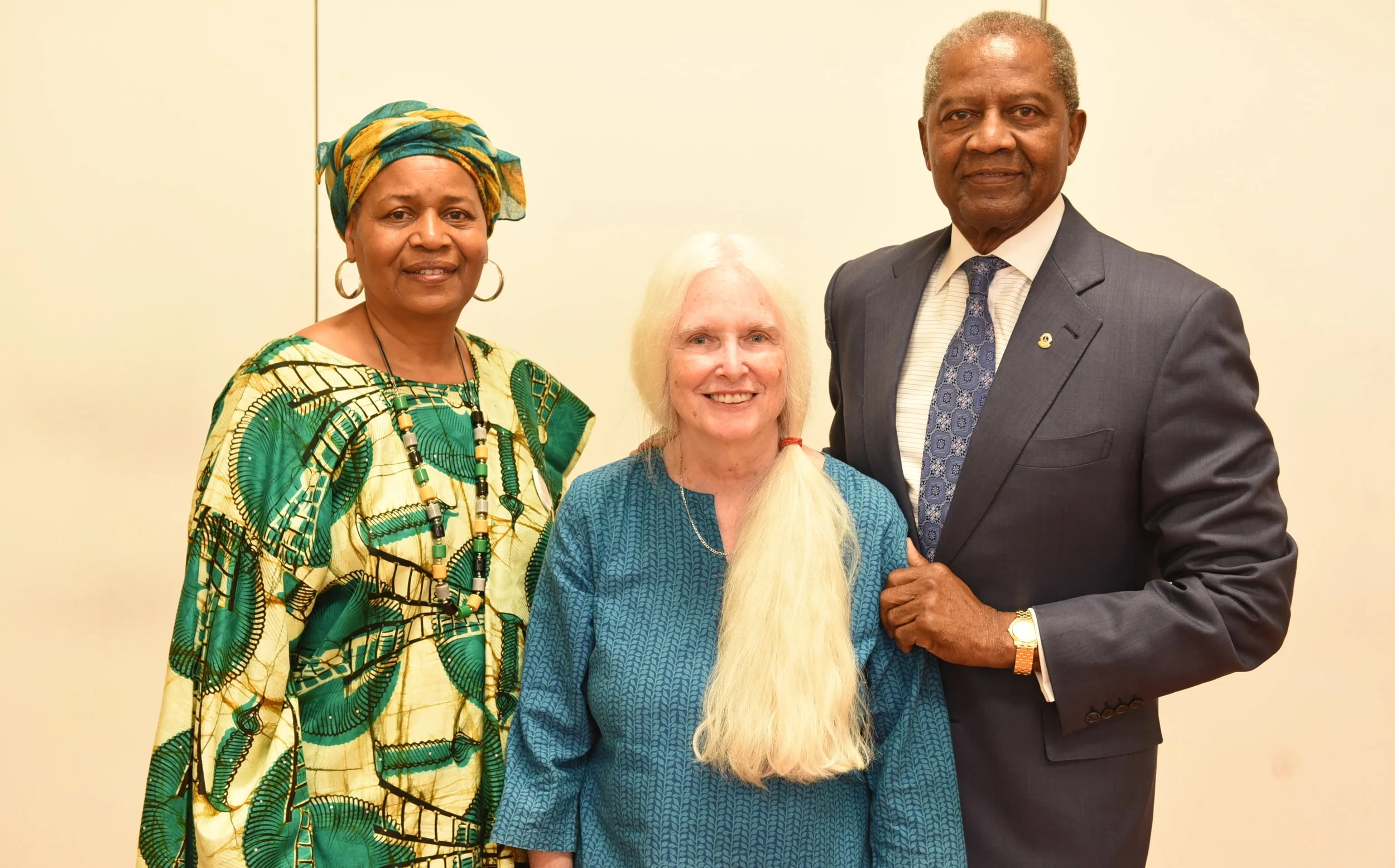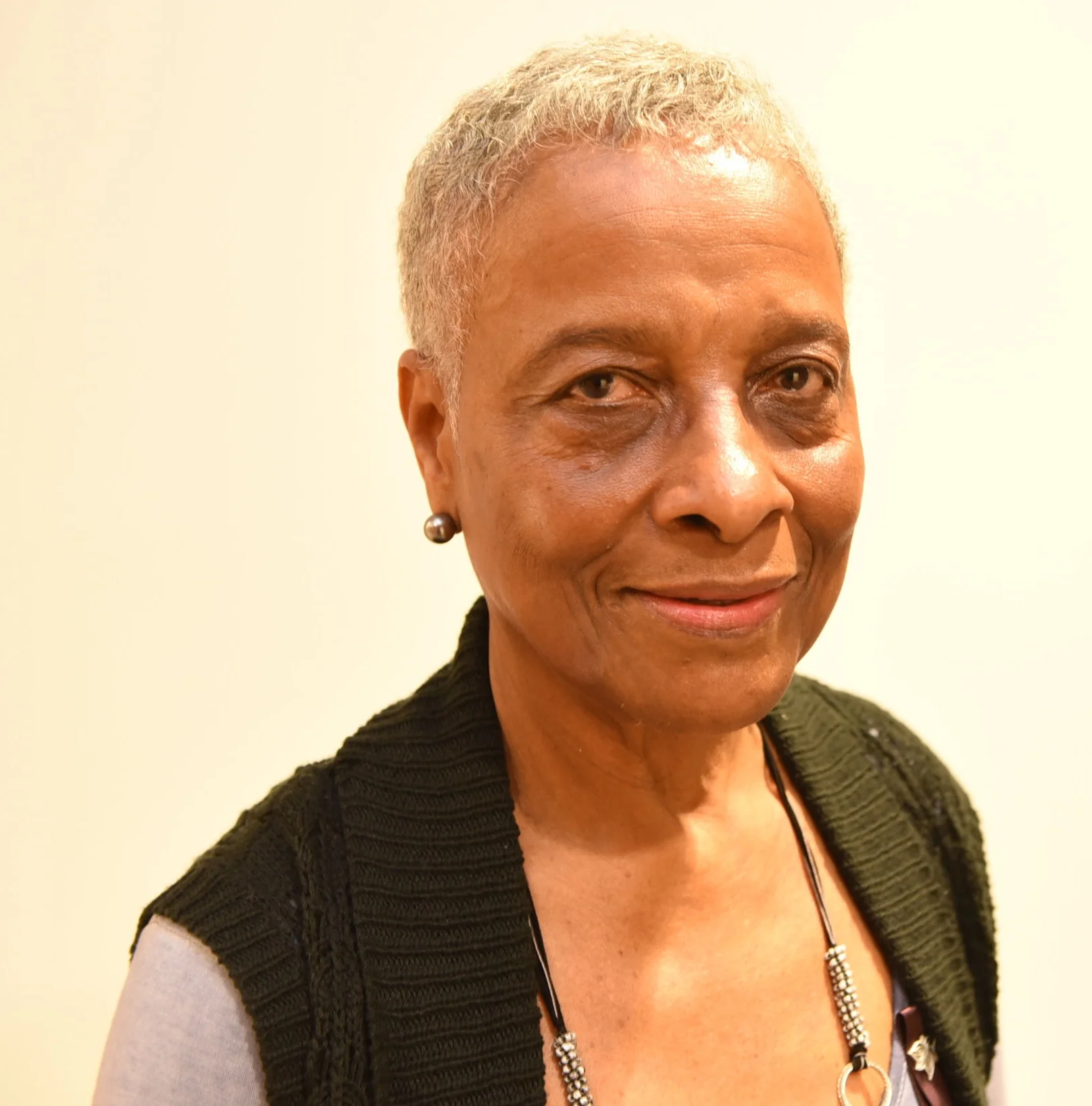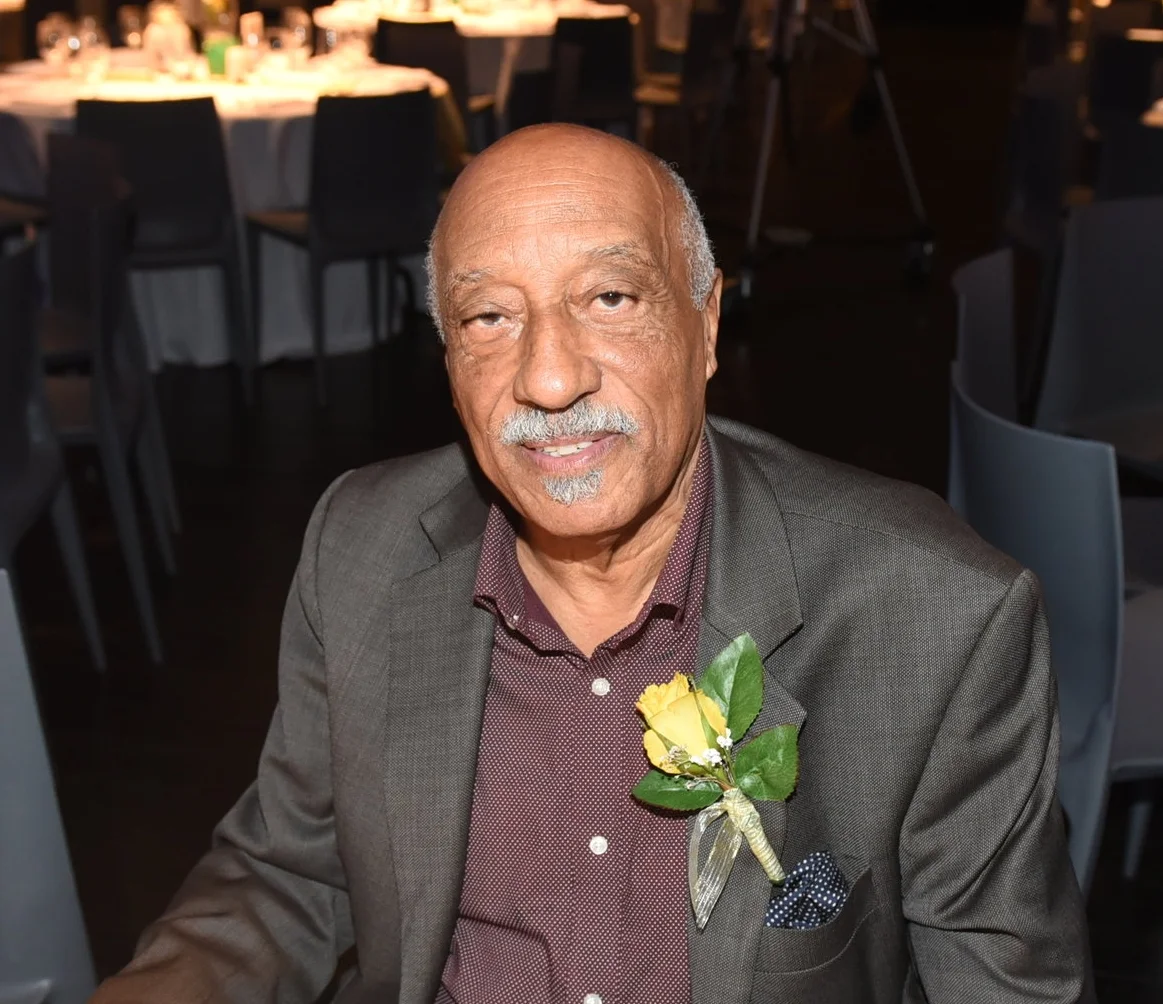Memory of Dudley Laws celebrated with awards
May 18, 2017
Back in the day, Mary Alcindor was often warned to stay clear of late community activist Dudley Laws.
As a critic of the Toronto Police for many years, she was reminded that being seen in his company could be risky.
“People said I would be harassed by police and bad things might happen to me because Dudley didn’t like the police and they didn’t like him,” noted Alcindor who is still recovering after being seriously injured in a vehicular accident a few years ago. “I took Dudley, who loved calypso music, to a Mighty Sparrow show in Scarborough years ago and when we were leaving, there were three police officers at the door who warmly greeted him by shaking his hand and asking how he was doing. Most police officers respected him and he respected those who did the right things.”
Whether it’s a fundraiser to send relief to Africa or the Caribbean, advocating for educational reform in Toronto schools, a rally to show solidarity with the people of Haiti, a march with United Mothers Opposed to Violence Everywhere (UMOVE) who have lost sons to gun violence in the city or a street protest organized by Black Action Defense Committee (BADC) which Laws co-founded after the police shooting of Lester Donaldson in 1988, you can count on Alcindor’s presence and support.
Raised in St. Lucia’s southwest coastal town of Soufriere which is noted for the magnificent towering Pitons and the volcanic hot sulphur spring baths, Alcindor operated two record stores – Network Records and Castries Record Store – that sold all genres of music ranging from reggae, soca, calypso, jazz, blues and African to gospel, hip-hop/rap, funk/dance, R & B and cadence/zouke.
Visitors to the retail outlets were certain to find almost all of the Mighty Sparrow recordings, virtually any Indian soca record, an Otis Redding hit or all of the current year’s fantastic calypso hits. The stores were also meeting places for many local and Caribbean artistes and the base upon which soca DJ Dr. Jay launched his career.
Alcindor, who was also a disc jockey, turned to the music business after shelving plans to open a fashion store to sell women’s clothing. She felt that her busy schedule, that included taking care of three young daughters and working full-time as an employment counselor with Canada Employment and Immigration, would not have permitted her to keep abreast with new fashion lines.
Bankrolled with $5,000, she rented a store in a mall at Victoria Park Ave. and Morecambe Gate and made her first purchases from then Markham-based record distributor, Record on Wheels. From this modest beginning, she launched Network Records in 1986 and Castries five months later. In 1992, Network won the Canadian Reggae Music’s ‘Top Record Store’ award.
After the record stores closed, the retired federal public service employee became a BADC board member and forged links with the Haitian and Sierra Leone communities in the Greater Toronto Area.
Alcindor was presented with a Dedication Award at the sixth annual Dudley Laws scholarship fundraising brunch recently.
Awards were also presented to Carolyn Egan and Ned Blair who started the African-Caribbean Cancer Forum in 1999 after undergoing successful prostate cancer surgery and headed the defunct Organization of Black Tradesmen and Tradeswomen of Ontario.
“Our office was at 22 College St. and we held our meetings on Saturdays when Dudley and BADC would often protest outside police headquarters just up the road,” said Blair who was honoured with the Legend Service Award. “I encouraged my members to join the protests because I knew what Dudley was doing was significant. He spoke for me.”
Egan is the president of the Steelworkers’ Toronto Area Council.
“I met Dudley just about the same time that BADC was launched and I was very impressed with his grassroots leadership,” she said. “He was courageous and always stepped to the forefront when he saw an injustice. He has left a tremendous legacy that’s worth honouring and I am truly blessed to be the recipient of an award bearing his name.”
Retired Toronto Star and award-winning journalist Royson James, who was the keynote speaker, said his first assignment as a cub reporter was covering the Buddy Evans inquest in 1979 for the defunct Contrast community newspaper.
Evans was fatally shot by a Toronto police officer during an altercation at a downtown Toronto club in 1978. It was during that time that Laws, Charles Roach and Sherona Hall, who are all deceased, were busy getting BADC off the ground.
“Today’s terrorist is often tomorrow's revolutionary hero,” said James who spent two years with Contrast before joining the Toronto Star in 1981. “How many times was our revered Dudley portrayed as a terrorist? Heroes are people who command our love. They burst into our consciousness and force the existing order to confront bitter and ugly truths. They demand redress, persist, resist and persist until little by little, their harsh words and rhetoric begin to sink in and take root, germinate and sprout and find resonance and nodding heads in places like this. And then they are accepted as wise and truthful and essential to the survival of the aggrieved and they therefore become a rallying cry and an unstoppable voice.”
Laws spent the first 20 years of his life in Jamaica before migrating to England in 1955 when racial discrimination was rife and the British economy was in decline which meant that Blacks were the first to lose their jobs. He co-founded the Brixton Neighbourhood Association of which his brother, Courtnay, was a director.
That was the first of many organizations Laws founded or co-founded during nearly 55 years of intense activism.
James, the author of a series of articles in 1988 on being Black and White in Toronto and a key contributor to the Star’s campaign in 2002 for a new deal for Canadian cities, said Laws recognized injustice, bigotry and evil and refused to countenance anyone or anything that propagated his existence.
“He personified the cause,” he added. “His thing was you don’t have to like me, but you have to recognize my existence and respect it. By the time he died, Dudley had gone mainstream. He was never the community’s shining prince. He was too ordinary for that or lacking social graces, but he was the king of the streets and by the time police tactics of harassing young Black men found credence in government-commissioned reports from the Black middle-class whose sons were indiscriminately stopped for driving fancy cars, Dudley’s stridency was comforting, if not celebrated out loud.”
A total of 11 scholarships worth $11,000 have been disbursed since the program started in 2012.






